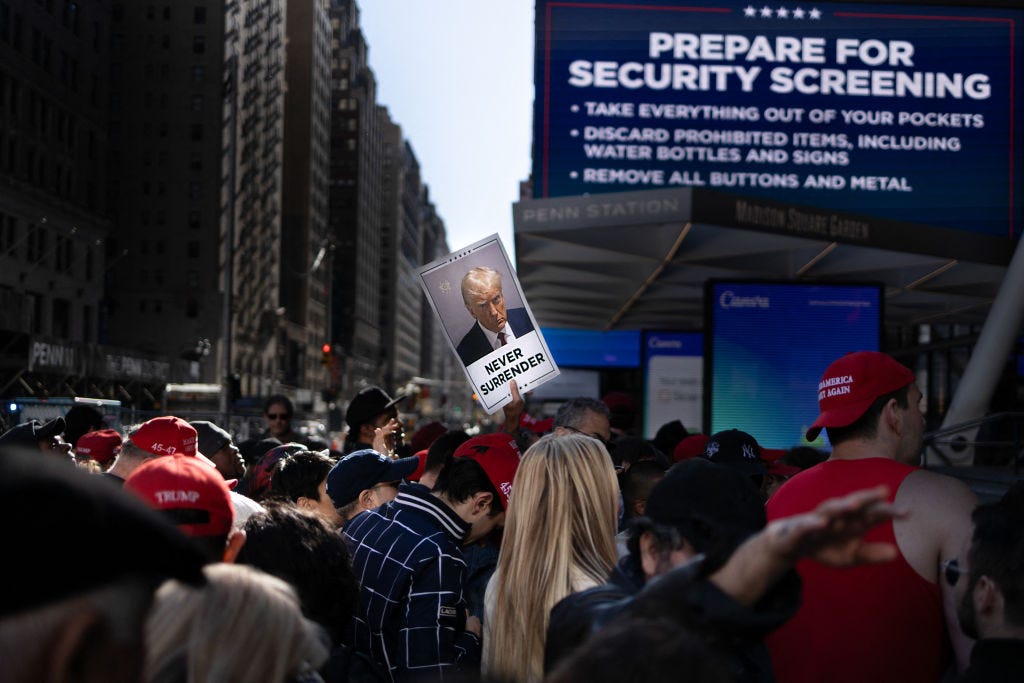FREE FOR ALL: The Musk-Trump endgame
Historian of fascism Ruth Ben-Ghiat on what it will take to defeat authoritarianism, the rise of American oligarchs, and how to rebuild a politics based on values
When we last spoke with historian Ruth Ben-Ghiat, she made a point that’s stuck with us all year: the fight against fascism has been and will be fought on the battleground of emotion. That has informed the way we’ve talked and thought all year about Democratic messaging and the threat of Trump and the MAGA movement, so as we’ve been exploring the ways K…
Keep reading with a 7-day free trial
Subscribe to The.Ink to keep reading this post and get 7 days of free access to the full post archives.



